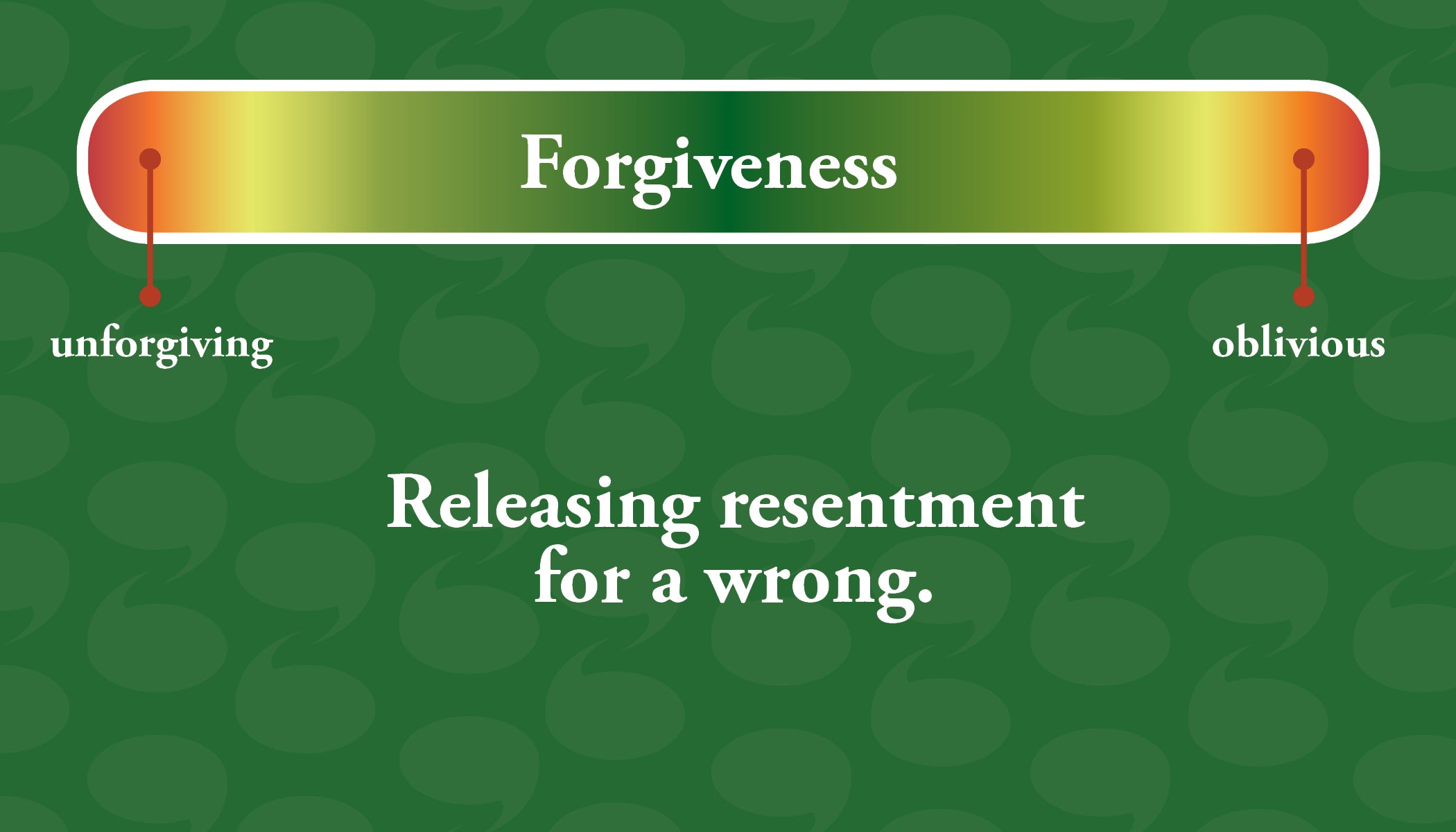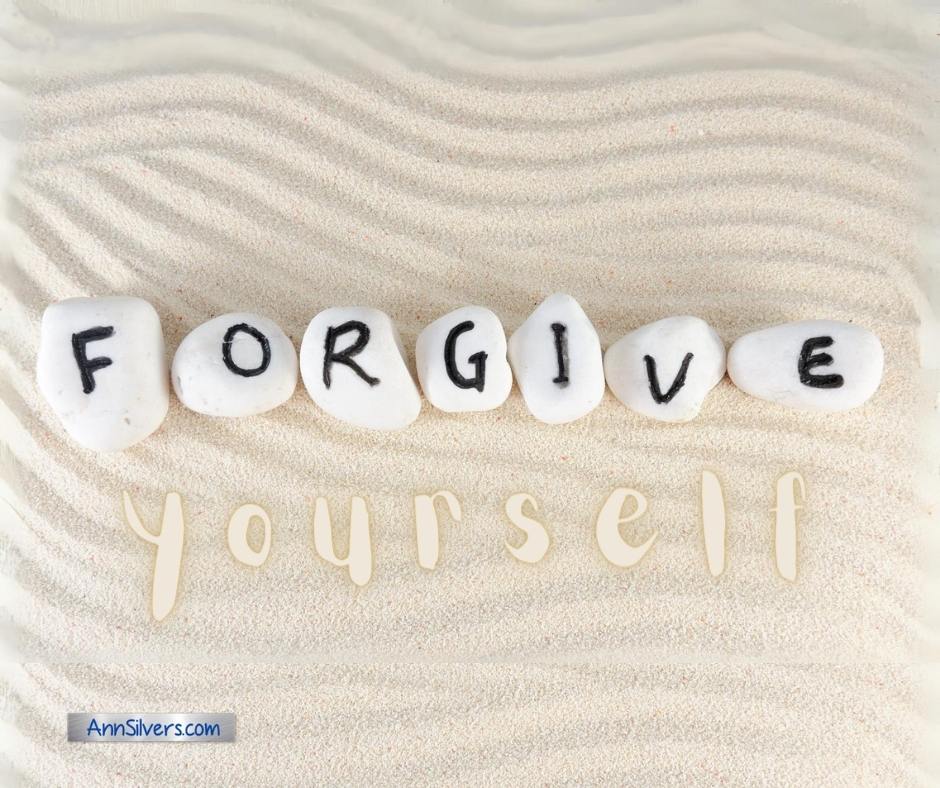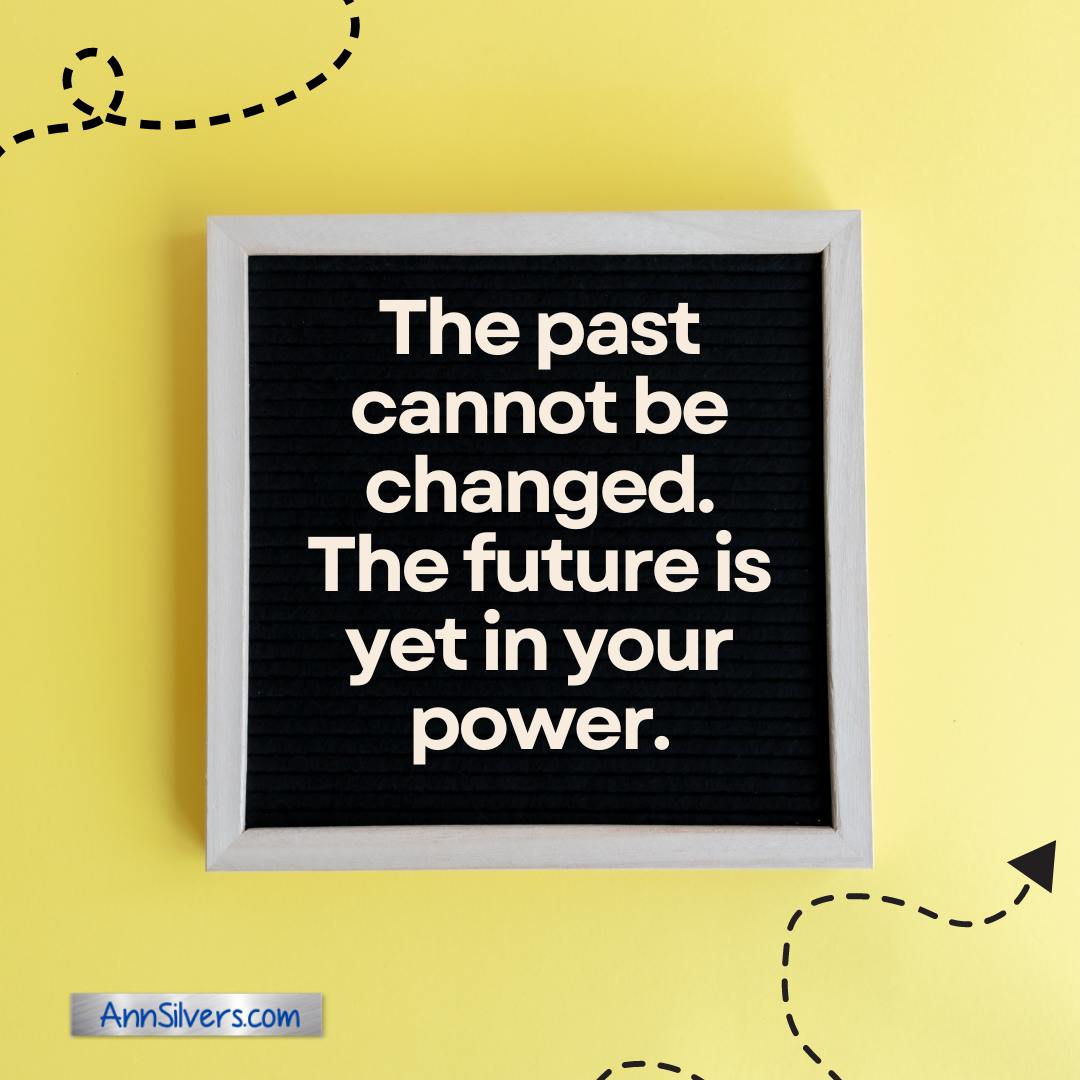How to Forgive Yourself: Inspiring Quotes and Helpful Tips

Healthy forgiveness involves assessing mistakes and releasing resentment for those mistakes. It’s not only important to be able to forgive other people. It’s also important to be able to forgive yourself too.
Shame, guilt, and regret are emotions that are meant to make you notice when something you did hurt yourself or others. Once you’ve paid attention to that message and made adjustments accordingly, it does not serve you or anyone else for you to wallow in the shame, guilt, or regret.
What You’ll Find in This Guide to Self-Forgiveness
| What Is Forgiveness? Definition and Mental Health Perspective |
| Why Holding On Hurts: The Cost of Not Forgiving Yourself |
| Everyone Makes Mistakes: Use Them to Learn, Not Tear Yourself Down |
| How to Forgive Yourself in 3 Practical Steps |
| Self-Forgiveness Quotes to Inspire and Motivate You |
| Forgiving Yourself Resources: Self-Help Worksheets, Workbook, and Recording |
What Is Forgiveness? Definition and Mental Health Perspective
Forgiveness is releasing resentment for a wrong.
Forgiveness can be put on a continuum from too little to too much. Both ends of the continuum are unhealthy. The healthy use of forgiveness lines in the middle of the continuum (in the green zone).

Being unforgiving lies on the too little end of the forgiveness continuum. It's not healthy to be unforgiving of others, and it's not healthy to be unforgiving of yourself.
Being oblivious to the existence of a problem or harm done lies on the too much end. Also on the too much end: justification of harm done and pretending there's no harm done.
Why Holding On Hurts: The Cost of Not Forgiving Yourself
Forgiving yourself helps you move on. It helps you break free of burdens that can weigh you down and keep you stuck.
Forgiving yourself requires humility: the recognition that you’re human and humans make mistakes.
Everyone Makes Mistakes: Use Them to Learn, Not Tear Yourself Down
To forgive yourself, you first have to recognize this truth: everyone makes mistakes.
Mistakes are part of being human—not a sign that you’re broken, bad, or unworthy of love and progress. If you never make mistakes, it means you’re not trying, growing, or challenging yourself.
When you accept that mistakes are part of the learning process, you can shift from negative self-judgment to self-growth.
If you need more encouragement, check out these 36 Positive Life Quotes About Learning from Mistakes that can help you rethink what it means to mess up.
And if you're ready to work through the beliefs that may be keeping you stuck in shame, guilt, and regret, my downloadable PDF Reframing Mistakes & Failure: CBT Coping Skills Workbook provides powerful tools and exercises to help you challenge harmful thinking and move forward.
How to Forgive Yourself in 3 Practical Steps
Shame, guilt, and regret can be checks on your behavior.
It's important to notice when you've done something harmful to yourself, somebody, or something—and figure out what to do about it.
When you feel shame, guilt, or regret, ask yourself whether you are overreacting. Assess the actual harm done. For that part of the emotion that really fits the situation, take these 3 Steps for Forgiving Yourself.

Step 1: Make amends if appropriate.
Ask yourself: Should I be making amends in some way? If yes, then figure out what to do and how.
Step 2: Learn from your mistake.
Ask yourself:
- What have I learned from this situation?
- What contributed to why I did it?
- What do I want to do differently in the future?
- What could get in the way of me making the change?
- What would help me make the change?
Step 3: Improve future behavior.
Work on making positive changes.
As you make the changes, forgive yourself for the past and remind yourself that you are using it as a learning experience so you'll do better in the present and future.
Self-Forgiveness Quotes to Inspire and Motivate You



Forgiving Yourself Resources: Self-Help Worksheets, Workbook, and Recording
I created these resources for individuals and professionals, based on my work as a mental health counselor, helping people understand themselves, reframe mistakes, build skills for mental and relationship health, and let go of emotional baggage.
My newest book, Building Skills to Uplevel Life: Silver Lining Emotional Intelligence Workbook, includes lots of information, tips, techniques, and worksheets to help you sort out where and why you might have gone wrong, learn from mistakes, process guilt, forgive yourself, and come out better than ever.
My 14-page Reframing Mistakes & Failure: CBT Coping Skills Workbook can be printed or used digitally:
- Includes inspiring quotes to help you reframe mistakes and failures from reasons to hate on yourself to sources of useful information
- Helps you notice and challenge confining beliefs about mistakes
- Gives you worksheets for working the 4-step process for owning mistakes, learning from them, using the insight, and letting them go.
My hypnosis recording, Release & Refresh, Emotional Detox Hypnosis, can help you release anything that might be holding you back or keeping you stuck.
- Ann Silvers










Comments 2
Ann Silvers
Thanks for the feedback Sherry. So glad that you have found it helpful.
Sherry
I still have the healthy relationship emotional chart you gave me when you were first developing it years ago. Still useful :)